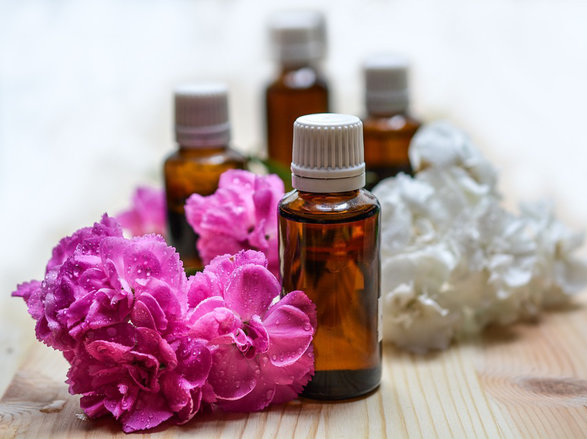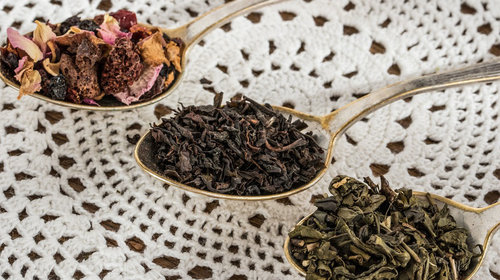
In agriculture, the unexpected can have disastrous
consequences, particularly where disease is involved. Crop yields can be
decimated if there is no available pesticide treatment, and often the only
solution is to look for alternative crops.
At NNFCC we have in-house expertise on non-food crops, and
so when we were approached by Jersey’s Department of the Environment to help
find alternative crops to grow alongside Jersey Royal potatoes affected by Potato
Cyst Nematodes (PCN) in order to extend the crop rotation and reduce reliance
on chemical controls, we were well equipped for the task. The emphasis was on
low volume, high value crops, due to limited land areas being available and
high export costs associated with bulk export from the island; also because the
top crop priority continues to be potatoes so we needed to find something that
was equally attractive for the traditional potato growers.
In the first instance, NNFCC looked exclusively at non-food
crops, analysing in depth how they would create value for Jersey’s economy.
Many factors were considered, including the suitability of the growing
conditions on Jersey, the land area required to supplement the lost value of
the infected potatoes, the potential changes to the farming process in order to account for the
different crops, as well as the possible market value of each crop to Jersey’s
economy. Many kinds of crops were considered, including medicinal herbs, pharmaceutical crops, oil crops and algae.
Through refining down the opportunities and exploring their value potential, the eventual choice of speciality oil crops was accompanied by a proposed development of an entire value chain on the island of Jersey, thus generating more value for Jersey’s economy.

By retaining processing, manufacture and distribution steps on island a range of high-value cosmetics and healthcare products could be established, which would appeal not only to the tourists visiting Jersey but if exported to mainland UK may serve to encourage more people to visit. This value chain proposal has since been incorporated into Jersey’s 2017 Rural Economy Strategy, encouraging local farmers to partake in it.
A second, follow-up investigation involved possible
alternative food crops, including “superfoods” such as honeyberries and quinoa,
but also herbs and hemp. Shortly after presenting the findings of this second
phase to Jersey’s Annual Farming Conference, a decision was made to grow tea on
the island, and NNFCC were able to facilitate the partnership between Jersey
and the Scottish Tea Growers’ Association, that has resulted in the first tea
plantations set for planting on Jersey later in 2017.
This demonstrates NNFCC’s ability to provide robust market
and policy recommendations that can positively effect local and national
authorities.